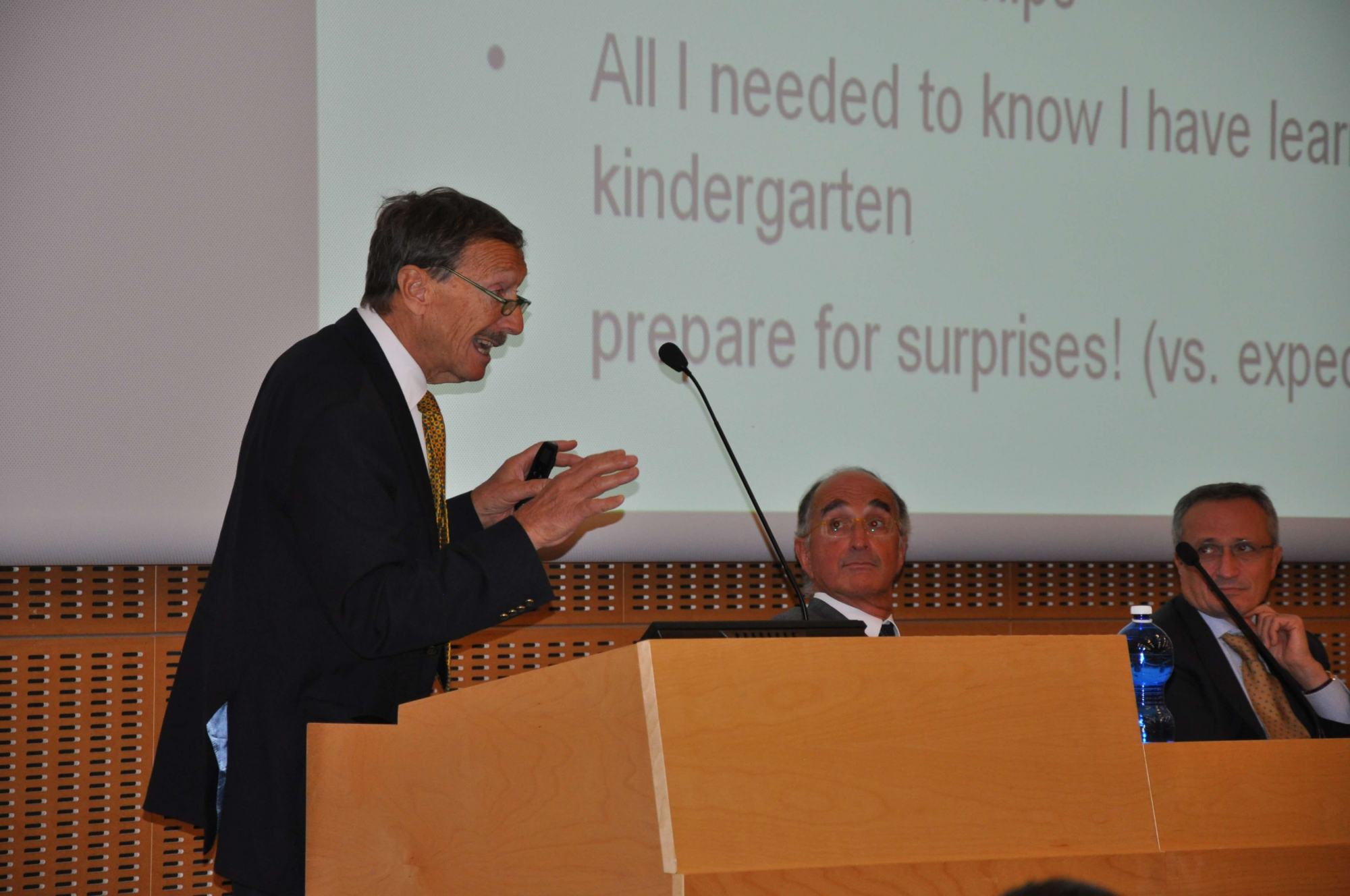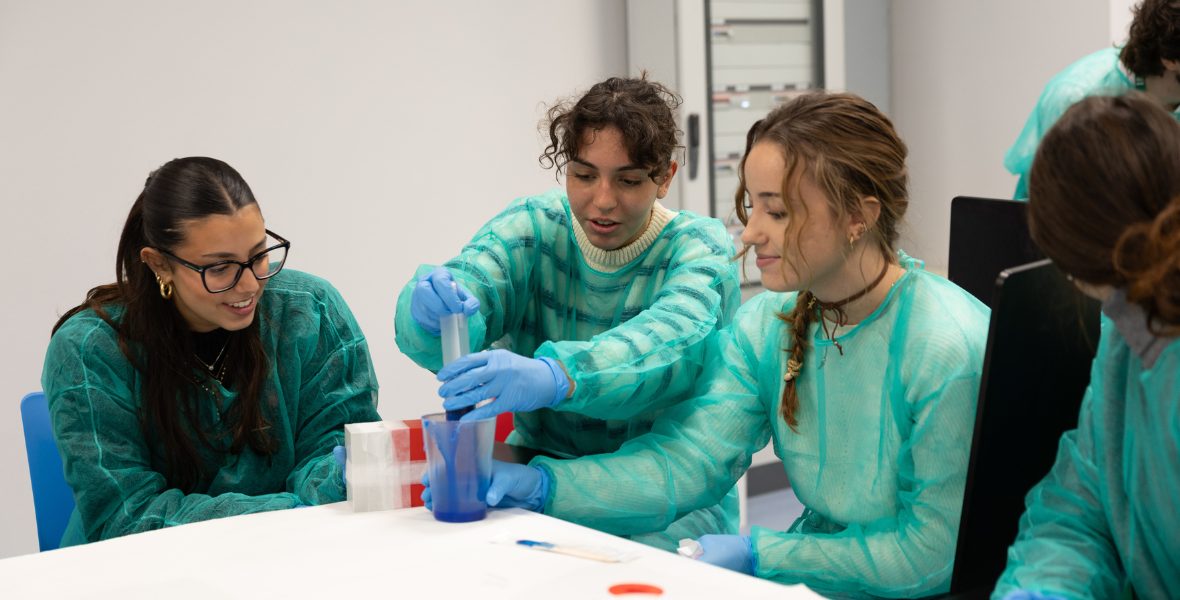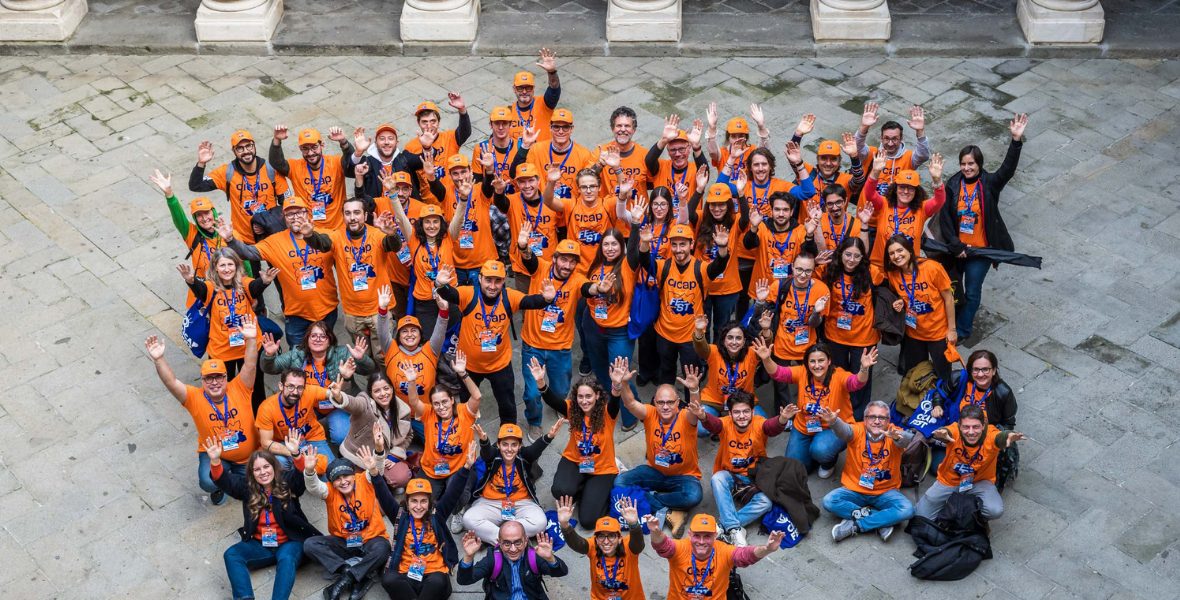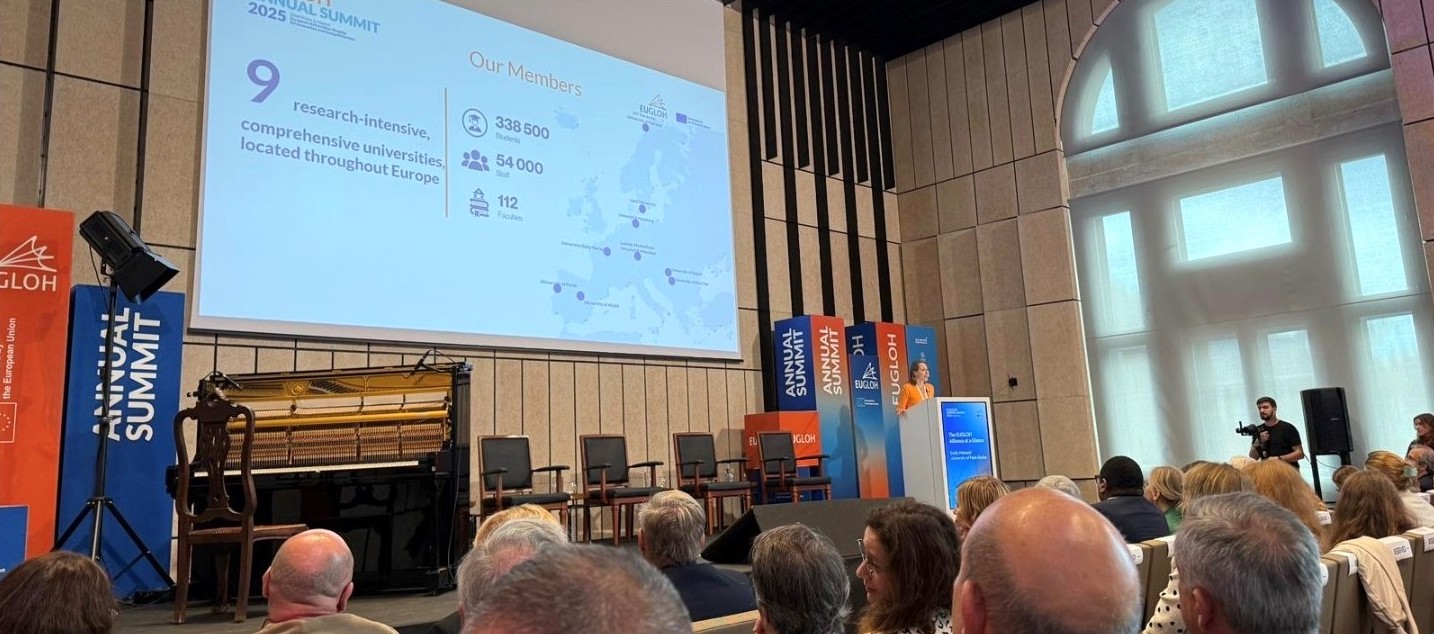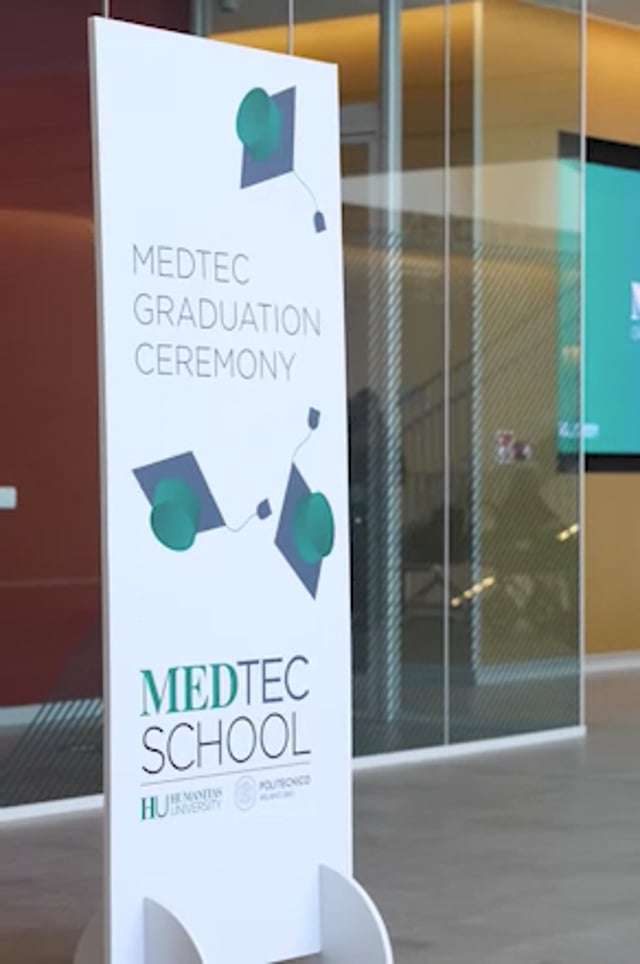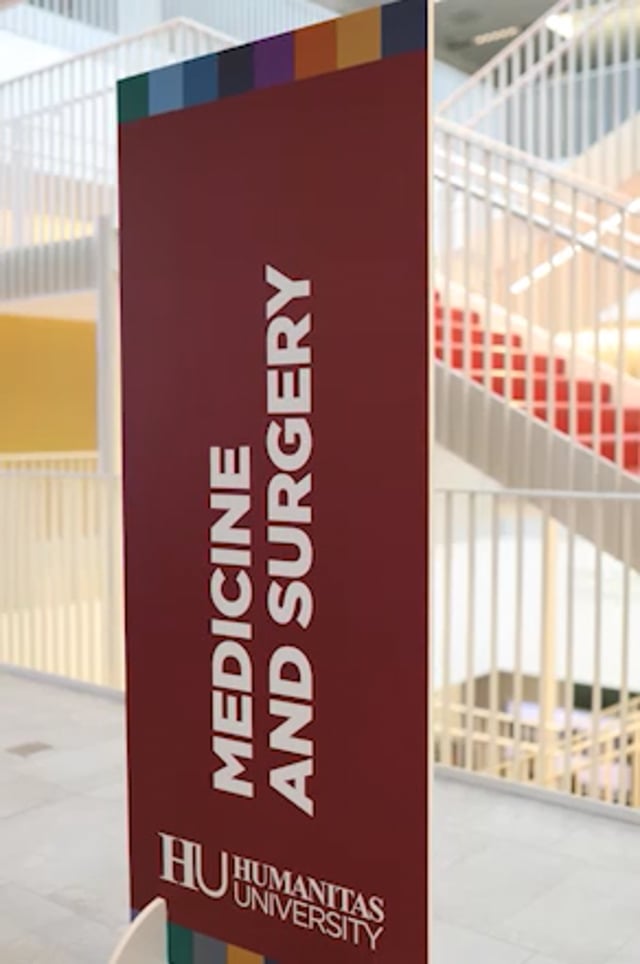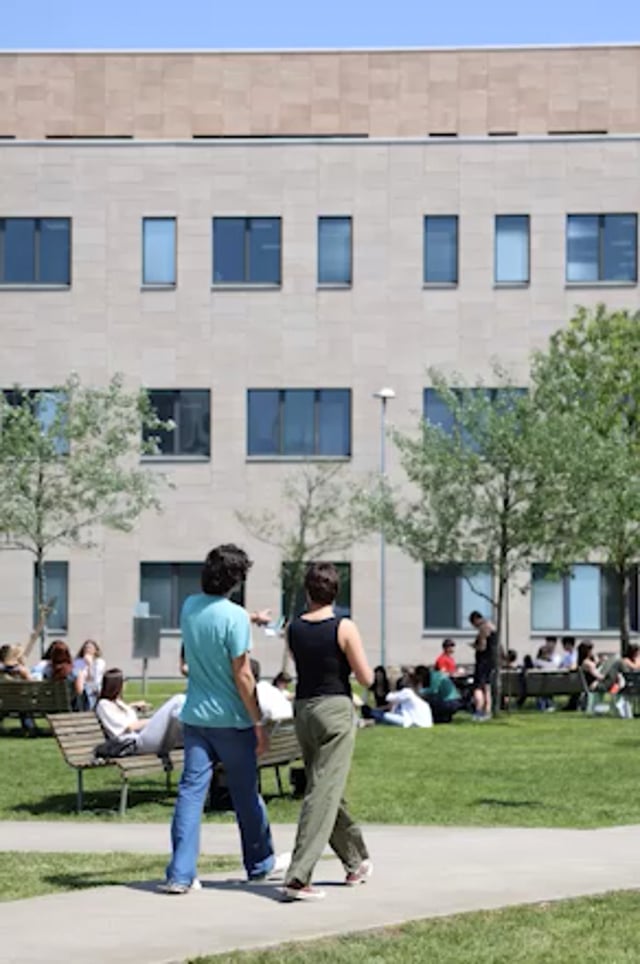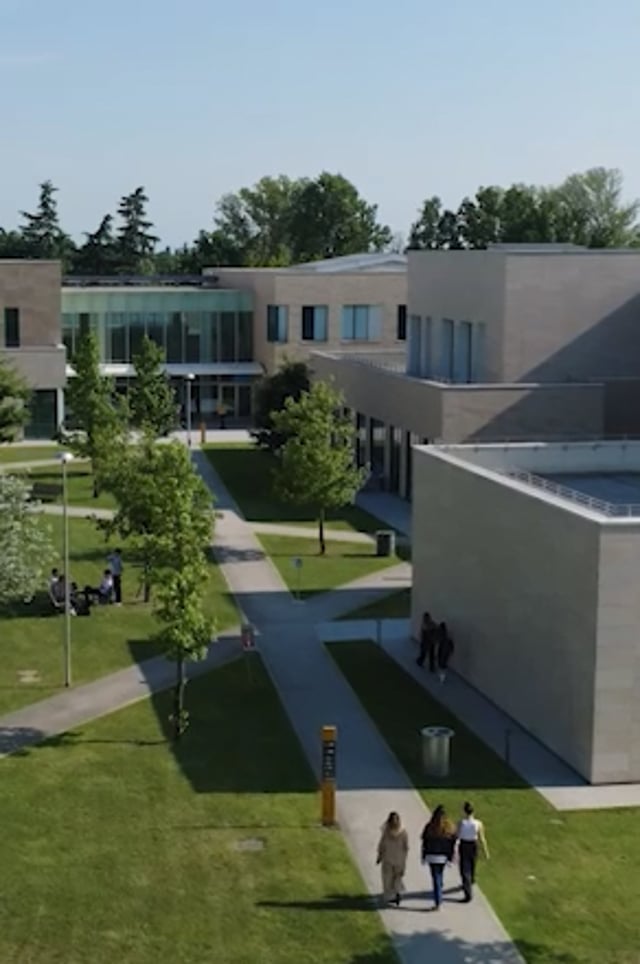 “Always be prepared for suprises.” According to prof. Rolf Zinkernagel, Nobel laureate and visiting professor at Humanitas University this is one of the most important attitudes to take if you want to perform advanced research and aspire, eventually, to win a Nobel Prize in Medicine.
“Always be prepared for suprises.” According to prof. Rolf Zinkernagel, Nobel laureate and visiting professor at Humanitas University this is one of the most important attitudes to take if you want to perform advanced research and aspire, eventually, to win a Nobel Prize in Medicine.
This morning prof. Zinkernagel welcomed the 140 first year students of Humanitas University during an event reserved to Humanitas students and staff. Before and after the event, HUNIMED students had the unique chance of spending time with the Nobel laureate, who provided them with valulable advice for starting their lifelong journey of becoming a Medical Doctor.
During the formal event, the Lectio Magistralis was preceded by an address of the Rector of the University, prof. Marco Montorsi, and by a presentation by the Vice-Rector for Research Prof. Alberto Mantovani.
Prof. Montorsi outlined the next developments of medicine and medical education, and highlighted the importance of technological advancements (such as the the use of simulation) and the evolution of the patient-doctor relationship.
In presenting the curriculum of Prof. Zinkernagel, Prof. Alberto Mantovani described the mission of a researcher with an evocative image: researchers are bridge-builders who, today even more than in the past, need to connect their discoveries with clinical outcomes for the patients.
During his Lectio Magistralis, Prof. Zinkernagel outlined the main steps and experiments that brought him to the discoveries for whom he was recognized the Nobel Prize in 1996. It was in particular when experimental clinical outcomes did not match with test data as predicted by earlier models, that his ideas about the functioning of the specific immune system were developed.


